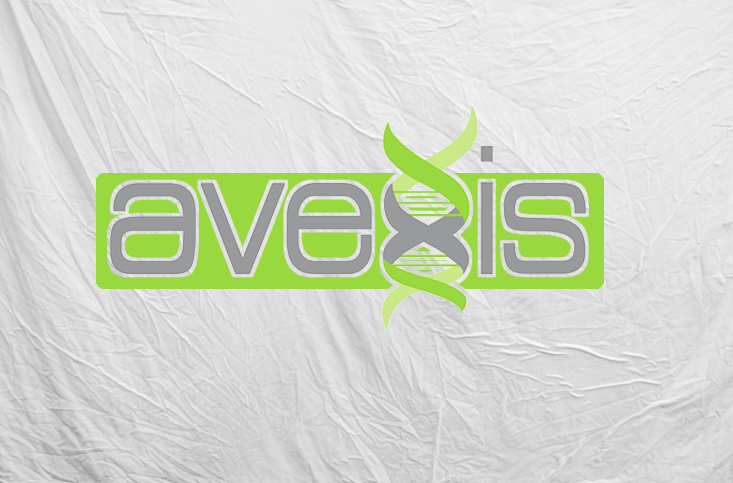In the middle of January, AveXis Inc (NASDAQ:AVXS) hit markets with a much anticipated IPO. The company was one of just a handful of brave enough to risk an offering, against a backdrop of weak capital flow and damp market sentiment, and sought the sale of 4.75 million shares for a range of between $19 and $21. Unfortunately for AveXis, the IPO tanked, and the company ended up opening ate for the session at just $17.26. Across the last month or so, AveXis’s market capitalization has steadily increased, with its shares reaching highs just shy of $24 last week. During the Friday US session, however, markets sold off more than 15% on the company, and it now trades at the low end of its IPO range, circa $19.6 a share for a $430 million valuation. The driving factor behind the decline, or at lease the only factor that seems apparent, doesn’t relate directly to AveXis (we’ll discuss this in a bit more detail shortly), and so the latest decline might be an opportunity to pick up stock at a discount, ahead of a return to the upside momentum seen across the last four weeks. Here’s why.
AveXis’s pipeline is primarily focused on a gene therapy treatment for a condition called, spinal muscular atrophy. It’s a rare disorder that affects between 1 in 6,000 and 1 in 10,000 newborns, but despite its relative rarity, it’s the number one cause of genetic rooted infant deaths in the US.
There are four types (named 1, 2, 3 and 4), but the most prominent, accounting for about 60% of all cases, is type 1. In type 1, a mutation in a gene called the survival motor neuron gene 1, or SMN1, means the gene doesn’t produce functional SMN protein. SMN1 is associated with the function of nerve cells in muscle. Without the functional protein, the nerve cells die, and muscles degenerate painfully.
AveXis’s candidate is called AVXS-101. It’s a type 1 target, capsid vector that contains a functional SMN1 gene, alongside a couple of other components that come together to code for the continues, long lasting production of functional SMN. A company called Regenxbio Inc (NASDAQ:RGNX) developed and licensed the capsid element of the treatment to AveXis, and it’s this relationship that looks to be the only plausible driver behind the decline at the end of last week. Regenxbio reported a loss of $0.20 a share for the final quarter of 2015 post market close on Thursday, and the AveXis decline looks to be collateral damage on that loss.
It’s early days from a development perspective, with AVXS-101 currently in a phase I with a primary endpoint of safety and efficacy. Preclinical studies suggest efficacy, however, and we should see some interim data during the second half of this year. If the interim analysis supports the preclinical hypothesis, we could see some upside ahead of the final release scheduled for June 2017.
There’s a bit of a financing risk here. At December 31, 2015, the company estimated its cash holdings at around $62 million. The IPO raised circa $85 million, meaning total cash comes in at somewhere around $147 million. With net losses of $25.3 million for the nine months through September 30, 2015, and the unavoidable ramping up of this figure as the AVXS-101 navigates the trial process, chances are we will see some additional finance requirements across the next 18 months. Mitigating this risk somewhat is a solid base of investors, which includes big names such as Roche Holding Ltd. (ADR) (OTCMKTS:RHHBY).
So what’s the takeaway, and what are we looking at from a timeframe, milestone perspective? SMA is a currently untreatable condition, and if AveXis can successfully carry AVXS-101 through the development process, it could be a real winner for the company and, in turn, its shareholders. It’s a long way from commercialization, however, and current data as to efficacy is promising, but thin on the ground. Near term milestones, primarily an interim phase I release, should offer insight, and the topline from the current ongoing study, which as mentioned is slated for June next year, will likely decide the medium term (24 months or so) valuation for AveXis. One to keep an eye on, but data driven clarity is required before committing.
